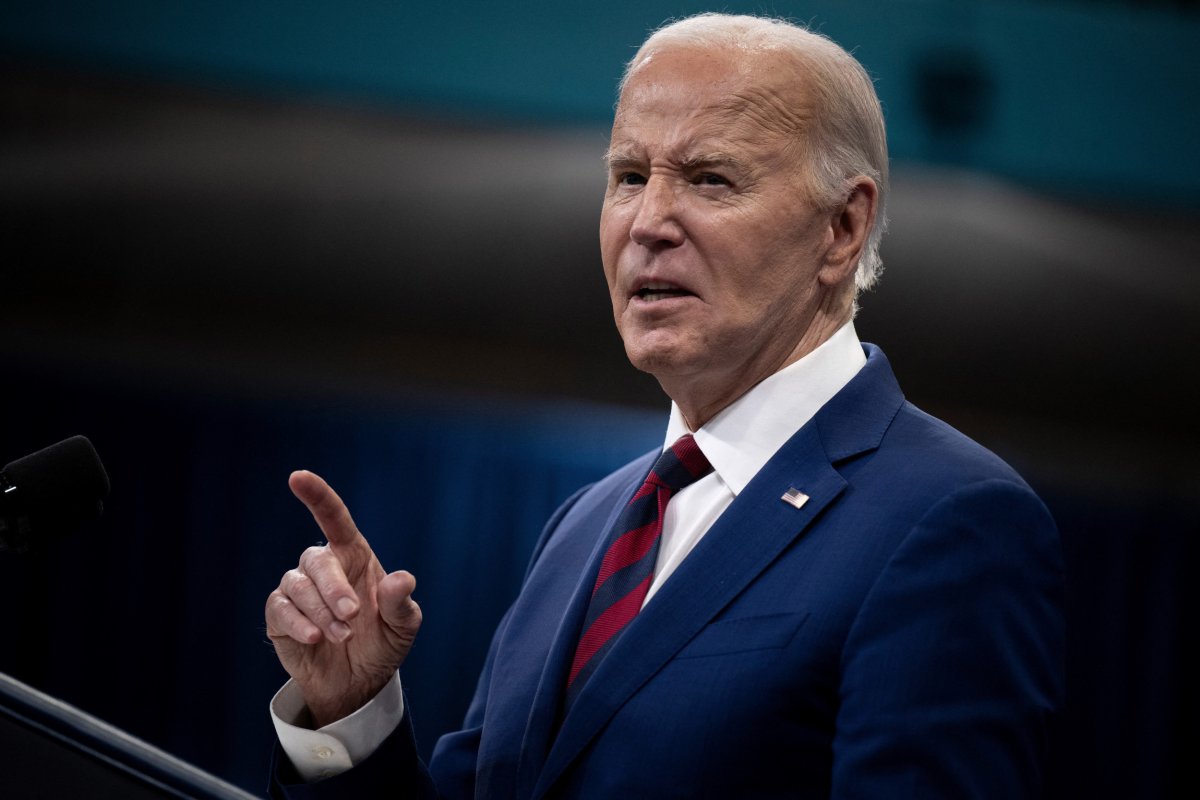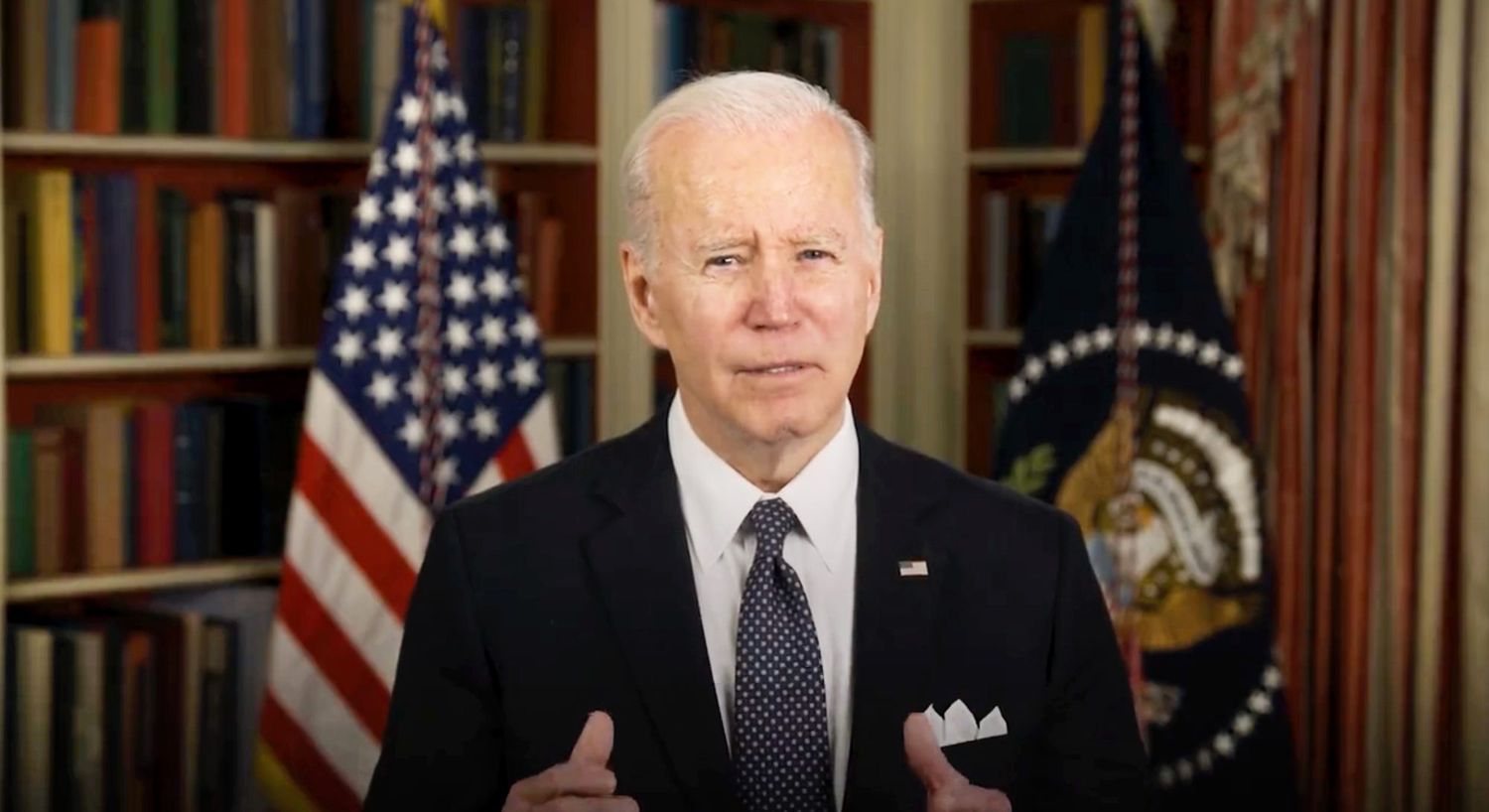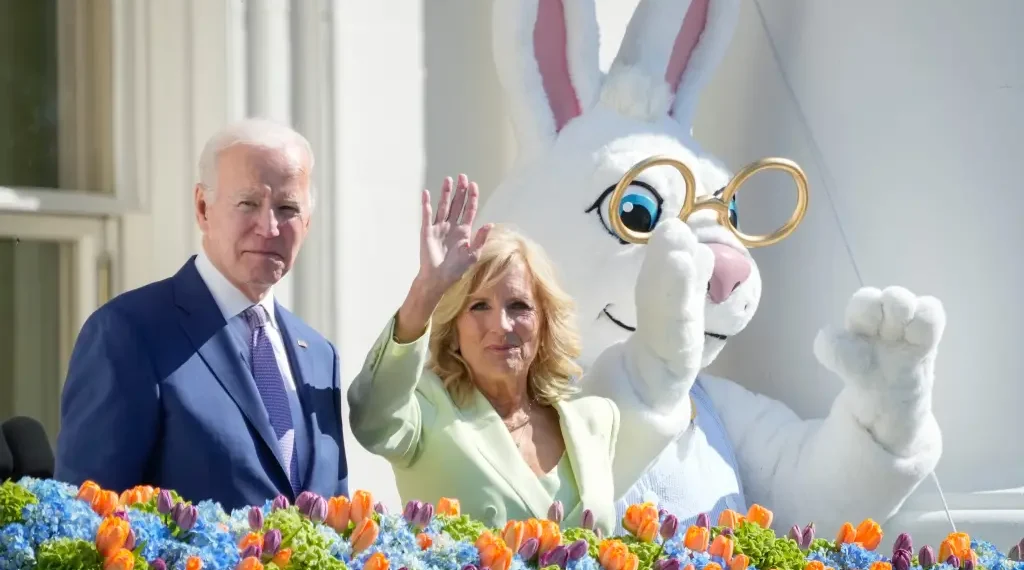President Joe Biden‘s decision to proclaim March 31 as “Transgender Day of Visibility” has sparked controversy, particularly as it coincides with Easter Sunday this year.
The proclamation, issued on Friday, calls for the recognition and support of transgender individuals across the nation, aiming to combat discrimination and violence based on gender identity.
However, this timing drew criticism from Donald Trump‘s campaign and religious conservatives, who accused Biden of insensitivity towards Christianity.

Karoline Leavitt, the press secretary for Trump’s campaign, called on the Biden administration to apologize to Catholics and Christians, emphasizing that Easter should be solely dedicated to the celebration of Jesus Christ’s resurrection.
House Speaker Mike Johnson also condemned the decision, asserting that the Biden White House had disregarded the central significance of Easter. The backlash intensified on social media, with many Republicans expressing outrage over what they deemed an affront to religious beliefs.
In response, White House spokesperson Andrew Bates defended Biden, stating that the criticism aimed to divide the country with hateful rhetoric.
Bates emphasized Biden’s commitment to unity and the protection of every American’s dignity and freedoms, regardless of their religious affiliation.
Meanwhile, the advocacy group GLAAD supported Biden’s proclamation, highlighting the importance of recognizing both Easter and Transgender Day of Visibility.

GLAAD’s president and CEO, Sarah Kate Ellis, condemned attempts to overshadow the significance of transgender visibility by politicizing the timing of the proclamation.
The overlap between the transgender proclamation and Easter underscored deeper tensions surrounding Biden’s religious faith and political stances.
Despite being a devout Catholic, Biden’s support for LGBTQ+ rights and abortion rights has drawn criticism from conservative Christians, leading to ongoing debates about the intersection of faith and public policy.





